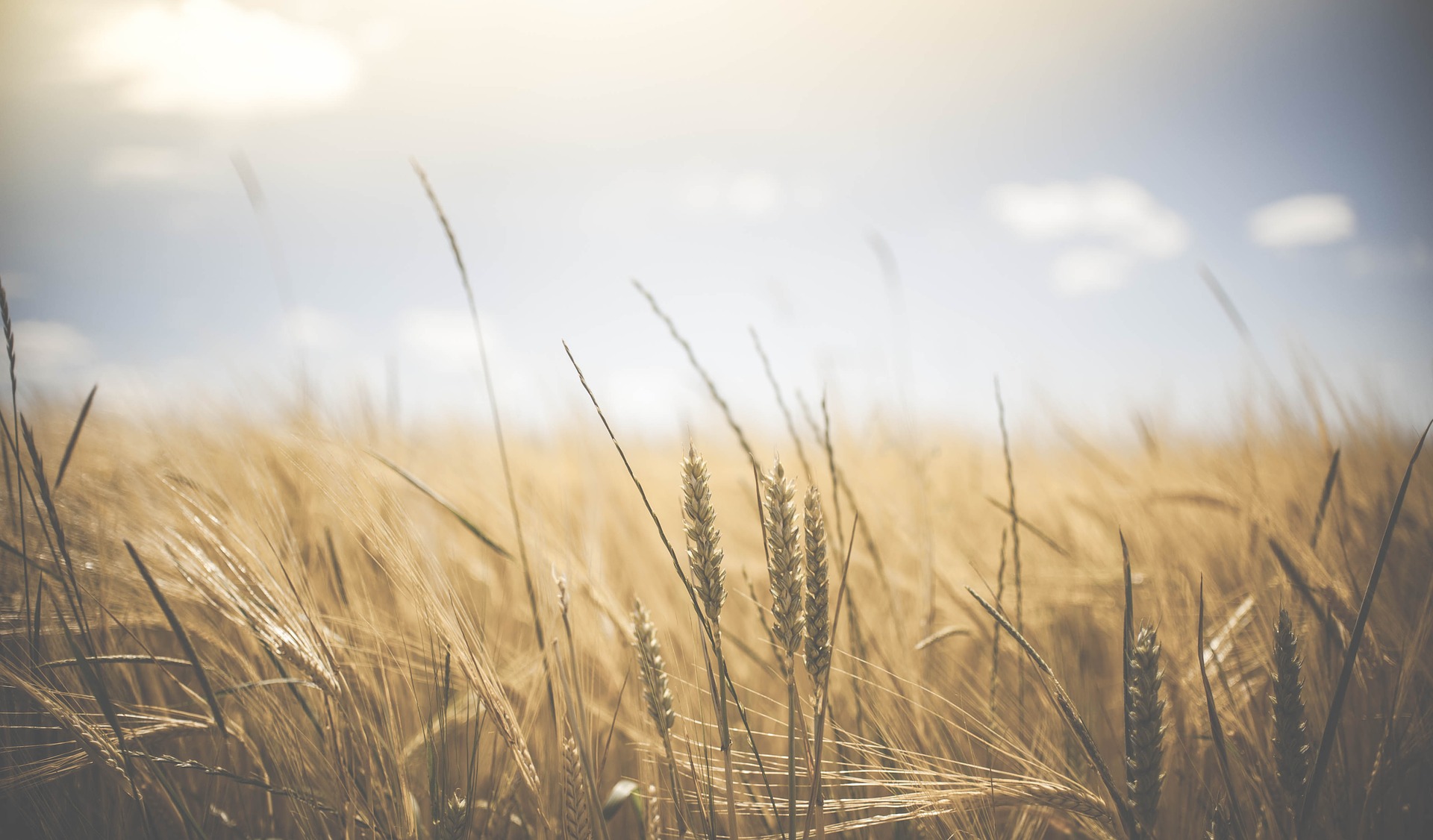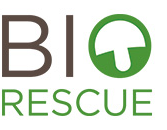BIOrescue creates affordable and sustainable biopesticides

Each year the world’s population grows by 75 million people and is projected to reach 9 billion by 2050. To keep pace with rising food consumption, livestock and agricultural capacities need to be strengthened. Companies are already developing innovative crop management strategies to achieve this, including the development of organic farming and pest management.
Biopesticides are products that contain biological control agents (living organisms, plant extracts and the like) to protect plants from pests in agriculture, horticulture and home gardening. They work according to different mechanisms depending on what they are made of. Conventional pesticides, by contrast, are generally synthetic products that directly kill or deactivate the pest.
Biopesticides have several advantages, as they:
- Are less toxic than conventional pesticides;
- Usually affect only the target pest, in contrast to conventional pesticides that can have devastating effects on other organisms and for the environment;
- Require only very small quantities to be effective and often decompose quickly (resulting in less pollution and a lower risk of human consumption);
- Keep crop yields high when used in Integrated Pest Management.
BIOrescue pesticides from a bacterium
BIOrescue coordinator, the Spanish Renewable Energy Centre (CENER), has demonstrated the production of affordable and sustainable biopesticides from the bioconversion of used mushroom compost together with other underutilised biomass.
It consists of a microbial type of biopesticides. The bacteria used is a subspecies of Bacillus thuringiensis, which metabolises sugars through fermentation to produce protein crystals. This protein has been shown to have an insecticidal effect on Lepidoptera, the most common pest for many plants.
Regulatory and economic barriers to biopesticides
The lengthy and cumbersome registration process of new substances has typically been seen by agrochemicals companies as an obstacle to the commercial development of biopesticides. This situation changed in 2017, when the European Union introduced a new Regulation on plant protection products (Reg. 2017/1432). According to the new law, biopesticides fall now under the category of ‘low risk substances’. This definition grants them a faster registration process of 4 months, instead of 12 months for conventional pesticides (defined as ‘basic substances’). Additionally, approval of low risk substances lasts 15 years before renewal, compared to 10 years for basic substances.
Growth of the biopesticides market
This new favourable regulatory environment, along with increasing demand for more environmentally-friendly products, are certainly helping boost the growth of the biopesticides market.
Currently biopesticides comprise only 5% of the global crop protection market. But biopesticides are the fastest expanding sector in crop protection, with a rate of 16-17% annual growth. Their market share is expected to reach parity with synthetic pesticides by 2040-2050.
The biopesticides produced in BIOrescue have been successfully tested, demonstrating they work effectively. The next step will be upscaling the process to Technology Readiness Level (TRL) 7. Then they will be ready to be commercialised, making for a truly circular and sustainable product.


Recent Comments